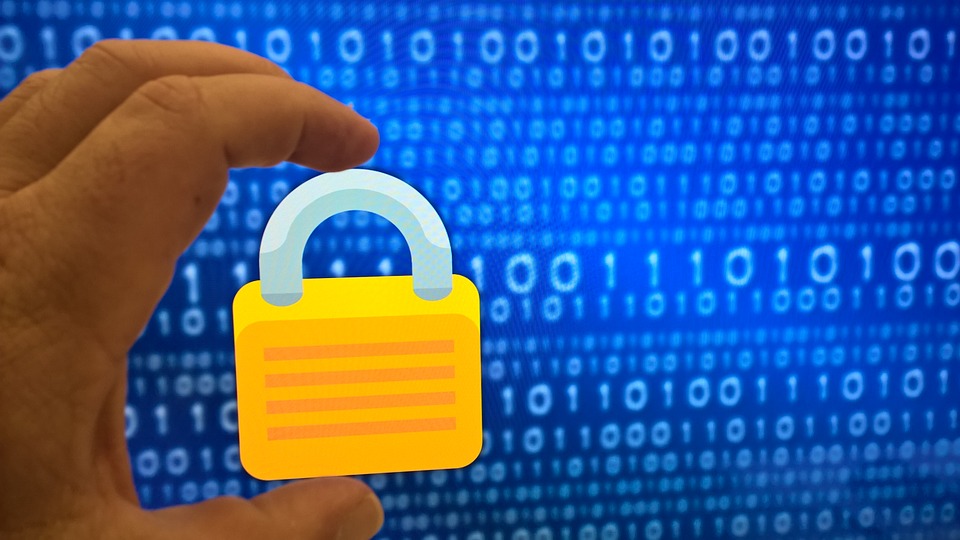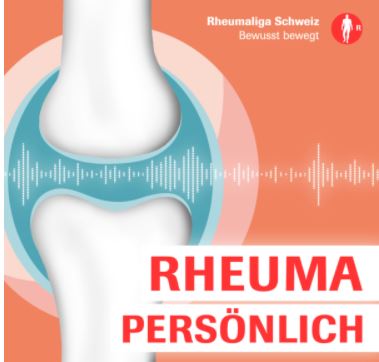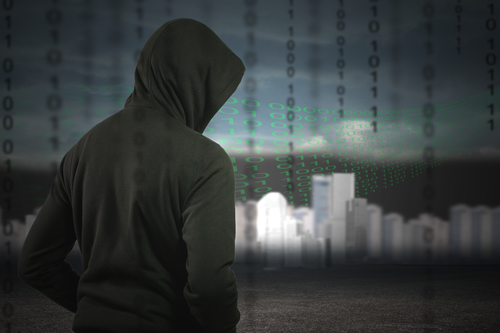Health protection in the workplace
The Unia trade union is calling for a further strengthening of the resources of social partners and an expansion of the protection concept. Wishful thinking about a paradigm shift is not appropriate at the moment.

The Unia trade union responds to a letter from Economiesuisse. Under the title "Corona Loosenings: More personal responsibility again" the umbrella organization for the economy is calling for a four-phase plan for initial relaxations. According to Economiesuisse, people who are vaccinated earlier should be granted more personal freedom again, with personal responsibility still playing a major role.
A plan for more personal responsibility
Economiesuisse is calling, among other things, for initial relaxations to come into force as early as March, with the home office obligation likely to be converted back into a recommendation. In phase two, in which risk groups have already been vaccinated, it would be conceivable, in the view of the business association, to reopen restaurants and fitness centers with appropriate protection concepts, for example.
In phase three, it is believed that events such as ice hockey, football or rock concerts could be held again if every person who wanted to could be vaccinated. Thus, in Phase Four, herd immunity would ultimately emerge, in which further restrictions could be lifted.
Relaxation of protective measures not appropriate at the moment
According to Unia, the viruses were hardly impressed by more personal responsibility. The trade union countersthat this could additionally weaken the urgently needed protection of employees who are particularly at risk, since a personal responsibility plan is more likely to relieve companies of the obligation to ensure a protection concept.
According to Unia, hardly any protective measures should be relaxed at present. The obligation to work from home should be maintained and companies should have a protection concept. Furthermore, due to the workload of Suva and the cantons, the union federation demands that control bodies of the social partners should take on more tasks at the moment.
Source: Unia/Economiesuisse















 The Corona pandemic has led to a larger shift to alternative work concepts. SEC Consult warns in a release that with the rapid shift to telecommuting, it is imperative that companies continue to keep the protection of sensitive information and personal data in mind. The cybersecurity experts have some tips for creating a secure home office workplace:
The Corona pandemic has led to a larger shift to alternative work concepts. SEC Consult warns in a release that with the rapid shift to telecommuting, it is imperative that companies continue to keep the protection of sensitive information and personal data in mind. The cybersecurity experts have some tips for creating a secure home office workplace:
